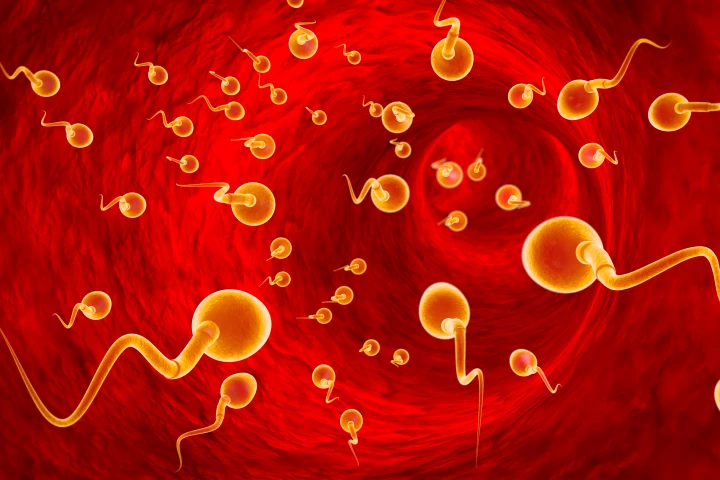Mount Sinai Hospital
-
Children with high-threshold peanut allergies showed incredible improvements after undergoing an 18-month program using store-bought peanut butter to desensitize them. The approach could help nearly a million kids with this type of allergy.
-
People living with diabetes might have a new hope. Scientists have tested a new drug therapy in diabetic mice, and found that it boosted insulin-producing cells by 700% over three months, effectively reversing their disease.
-
For the first time, research has shown that a person’s beliefs influence brain activity and connectivity, producing a dose-dependent effect that was only thought to occur with pharmaceutical agents. The findings may improve responsiveness to medications.
-
While most people attempting to lose weight will know that there is an optimal ‘zone’ in which fat metabolizes best, based on heart rate and age. Researchers have now found that for many people this is actually an inaccurate formula to be using.
-
We all know that wearable devices collect health-related data like the number of steps taken or sleep quality. But what about evaluating a person’s mental health? A new study has found that wearables can do that, too.
-
A striking study published in 2017 reported a 50% decline in the average sperm count since the 1970s. Now, a follow-up study is suggesting the decline in sperm counts is accelerating. But not all researchers are convinced the data is as clear as it seems.
-
A new study has highlighted one way insufficient sleep can harm your immune system, making you more vulnerable to infections and inflammatory disease by damaging your body’s hematopoietic stem cells.
-
A large international clinical trial has found combining three common heart disease drugs into the one pill is significantly more effective at preventing cardiovascular events and death compared to administering each of the medicines separately.
-
A study has homed in on a newly discovered mechanism that could prevent insulin resistance in type 2 diabetics. The research found disrupting the expression of a certain protein could protect beta cells and prevent patients from becoming insulin resistant.
-
Scientists may have unearthed a valuable new tool to study brain injuries, in the form of headbutting animals such as bighorn sheep and muskoxen, in which they've discovered hallmarks of head trauma for the very first time.
-
Depression is condition where deep brain stimulation is showing real promise, and a new study has uncovered fresh detail on how it induces anti-depressive effects, offering scientists a novel biomarker via which they can work to optimize the approach.
-
Researchers in the US have found changes to electrical activity in the heart can help predict which hospitalized COVID-19 patients are more likely to decline and die. The biomarker is easily measurable and may predict death several days in advance.
Load More











